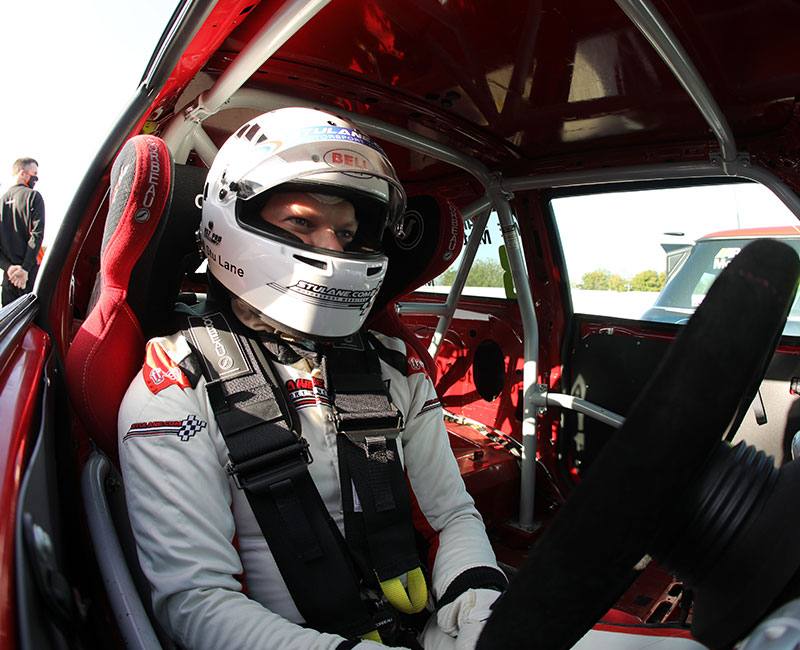How to Progress from Track Days to Amateur Racing: Accelerating Your Motorsport Journey
Participating in track days is a fantastic way to develop your driving skills and fuel your passion for motorsport. However, for many enthusiasts, the ultimate dream is to transition from track days to the competitive world of amateur racing. This step up involves more than just driving faster; it requires a combination of skill development, understanding the nuances of racing, and logistical preparation. This comprehensive guide outlines the path from enjoying track days to entering the exciting realm of amateur racing competitions.
Step 1: Mastering Track Days
- Develop Your Driving Skills: Consistently participate in track days to hone your driving technique. Focus on understanding racing lines, braking points, and car control.
- Seek Professional Instruction: Consider hiring a coach or attending driving schools to improve your skills and learn racecraft.
- Get to Know Your Car: Understanding how to set up your car for optimal performance is crucial. Experiment with different settings and learn how they affect your car’s behaviour on the track.
Step 2: Obtaining a Racing Licence
- Research Requirements: Each racing organisation has its own requirements for obtaining a licence. This typically involves attending a recognised racing school and passing both a written and practical exam.
- Attend a Racing School: Enrol in a racing school accredited by the governing body of the racing series you’re interested in. Schools like the Silverstone Racing School or the ARDS (Association of Racing Driver Schools) offer courses that culminate in a racing licence test.
Step 3: Understanding Racing Regulations and Etiquette
- Study the Rules: Familiarise yourself with the specific rules and regulations of the racing series you intend to join. This includes technical regulations, sporting regulations, and safety requirements.
- Learn Race Etiquette: Racing etiquette is critical for safety and fair competition. Understand the rules of overtaking, defending, and respecting blue and yellow flags.
Step 4: Preparing Your Vehicle for Racing
- Upgrade for Compliance: Ensure your car meets the technical specifications and safety standards of the racing series. This often includes roll cages, fire extinguishers, racing seats, and harnesses.
- Consider a Dedicated Race Car: Depending on your budget and goals, you might want to invest in a dedicated race car that’s already set up for competition.
Step 5: Entering Amateur Races
- Choose the Right Series: Start with a series that matches your skill level and budget. Popular UK amateur series include the BRSCC (British Racing and Sports Car Club) or the BARC (British Automobile Racing Club) championships.
- Register for Events: Once you have your licence and a compliant car, register for events. Start with smaller, local races to gain experience.
Step 6: Continuous Learning and Improvement
- Analyse and Improve: After each race, analyse your performance. Identify areas for improvement and work on them during practice sessions.
- Stay Informed: Keep up with changes in regulations and advancements in racing techniques and technologies.
FAQs for Progressing to Amateur Racing
Q: How much does it cost to transition from track days to amateur racing? A: Costs can vary widely depending on the series and level of competition. Expect to budget for race entry fees, car preparation, safety gear, and potentially travel and accommodation.
Q: How long does it take to obtain a racing licence? A: The time frame can vary, but typically it can be achieved within a few months if you attend a dedicated racing school course.
Q: Is it better to modify my track day car for racing or buy a dedicated race car? A: This depends on your budget and the car you currently have. A dedicated race car might be a more cost-effective and competitive option in the long run.
Q: Can I participate in racing with a regular driver’s licence? A: Yes, a standard driver’s licence is usually required, but you’ll also need a specific racing licence for competition.
Q: How do I find amateur racing events in the UK? A: Check the calendars of racing clubs like BRSCC or BARC, or visit motorsport-specific websites for event listings.
Transitioning from track days to amateur racing is an exciting step in any motorsport enthusiast’s journey. It requires dedication, investment, and a continuous desire to learn and improve. Whether you’re aiming for podium finishes or simply looking to enjoy the thrill of competitive racing, this path offers an immensely rewarding experience for those passionate about motorsport.

